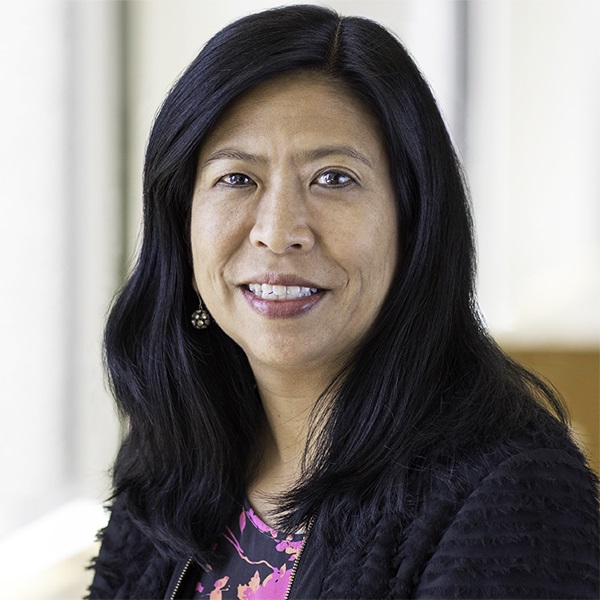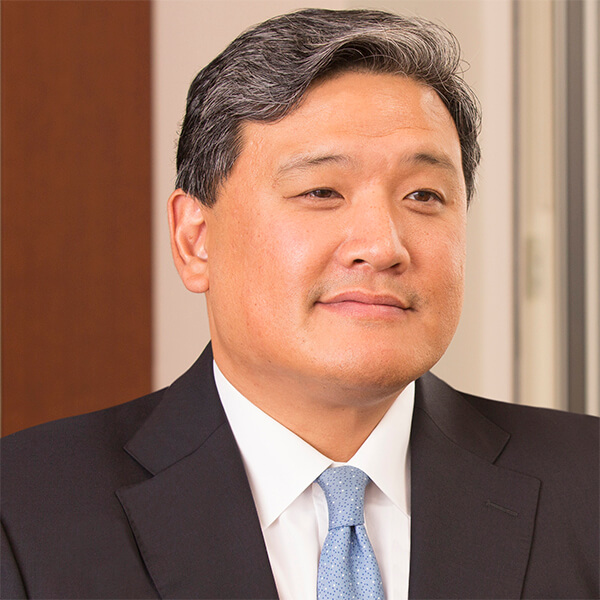Capital IdeasTM
Investment insights from Capital Group
Trade
- Global supply chains are being realigned, leading to new investment opportunities.
- This could be the start of an era of “reglobalisation,” rather than “deglobalisation.”
- Reglobalisation could be a major growth driver for select companies that supply industrial components, automation tools, semiconductor equipment and industrial commodities.
- Building supply chain resiliency will take time and could pressure profit margins in the short term, while companies with resilient and diversified operations may be rewarded with higher valuations in the long term
The fragility of global supply chains exposed during the COVID-19 pandemic remains one of the top economic challenges facing the world. In one respect, globalisation has long been characterised by developed market countries offshoring production to lower cost locations. But now, companies are recognising the need to build redundancies into their supply lines, which will have varied impacts on countries, companies and industries.
While some have argued this could lead to a less globalised world, this could be the start of an era of "re-globalisation," in which supply chains are reorganised and more countries are brought into global trade networks.
“I would expect most companies with a significant percentage of their manufacturing base in Greater China to diversify to other countries,” says Capital Group portfolio manager Noriko Chen. “The reinvestment in some countries is likely to be positive. But it will also come at a cost to profitability for some companies. However, this should lead to new investing opportunities for those who can identify companies that will benefit from changes in global trade patterns.”
Global trade has slowed but is still growing
.png)
Forecasts shown for illustrative purposes only.
As at 31 December 2021. Sources: International Monetary Fund, Refinitiv Datastream.
Supply chains are shifting but not deglobalising
Many companies are shifting their areas of manufacturing to multiple centres across the globe to disperse risk. That does not necessarily mean this could result in less economic integration. Consider Taiwan-based TSMC, the world’s dominant manufacturer of cutting-edge semiconductors. After having concentrated the bulk of its capacity in Taiwan – a focal point for geopolitical tensions - TSMC is building its first manufacturing hub in the United States. It’s also constructing a new semiconductor plant in Japan.
Multinationals with a significant presence in China are also looking for that next big opportunity to reach consumers outside of China. Apple, which has arguably built the most impressive supply chain of any multinational in China, moved some iPhone production to India, which is forecast to have an estimated 1 billion smartphone users by 2026.
There are also Chinese companies seeking to forge closer trade links with their customers outside of China. Chinese electric vehicle (EV) battery maker CATL (Contemporary Amperex Technology Co. Limited) recently received approval to build a battery cell plant in Germany, where it works with top German automakers.
Diversification from China will take time
For companies reducing their dependence on China, the diversification from China’s supply chain will take time. China is likely to remain significant due to a lack of viable alternatives and because more goods made in China will increasingly target Chinese consumers in the future.
“A common phrase I hear from companies is ‘China Plus,’” says Ben Lin, an investment analyst at Capital Group. “This means manufacturers will retain their existing China factory, but will gradually add production capacities outside of China and slowly build up the domestic supply chain in those countries. This could take at least several years or even a decade before they can replace Chinese suppliers.”
Our latest insights
-
-
-
-
Global Equities
-
Emerging Markets
RELATED INSIGHTS
Past results are not predictive of results in future periods. It is not possible to invest directly in an index, which is unmanaged. The value of investments and income from them can go down as well as up and you may lose some or all of your initial investment. This information is not intended to provide investment, tax or other advice, or to be a solicitation to buy or sell any securities.
Statements attributed to an individual represent the opinions of that individual as of the date published and do not necessarily reflect the opinions of Capital Group or its affiliates. All information is as at the date indicated unless otherwise stated. Some information may have been obtained from third parties, and as such the reliability of that information is not guaranteed.
Capital Group manages equity assets through three investment groups. These groups make investment and proxy voting decisions independently. Fixed income investment professionals provide fixed income research and investment management across the Capital organisation; however, for securities with equity characteristics, they act solely on behalf of one of the three equity investment groups.
 Noriko Chen
Noriko Chen
 Ben Lin
Ben Lin
 Kent Chan
Kent Chan